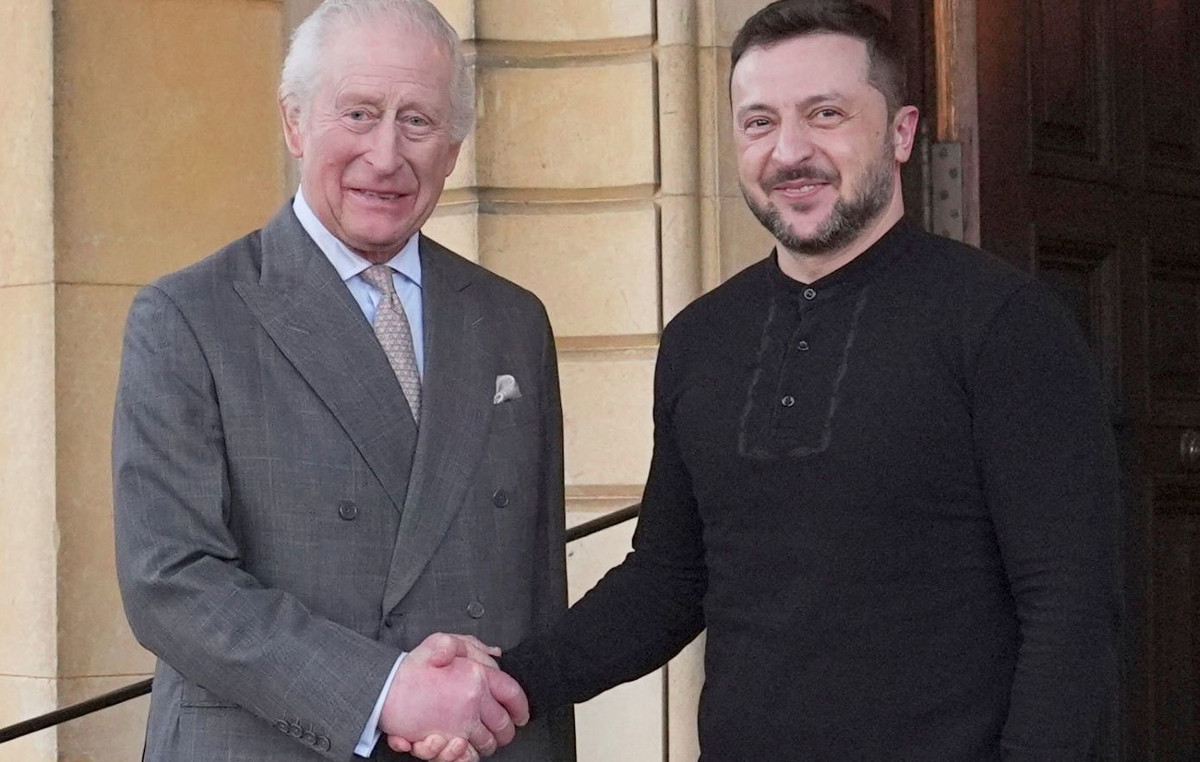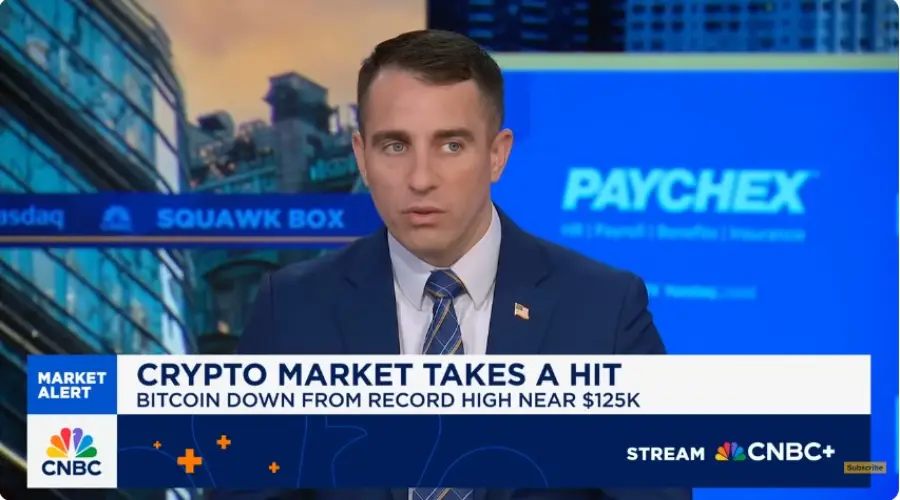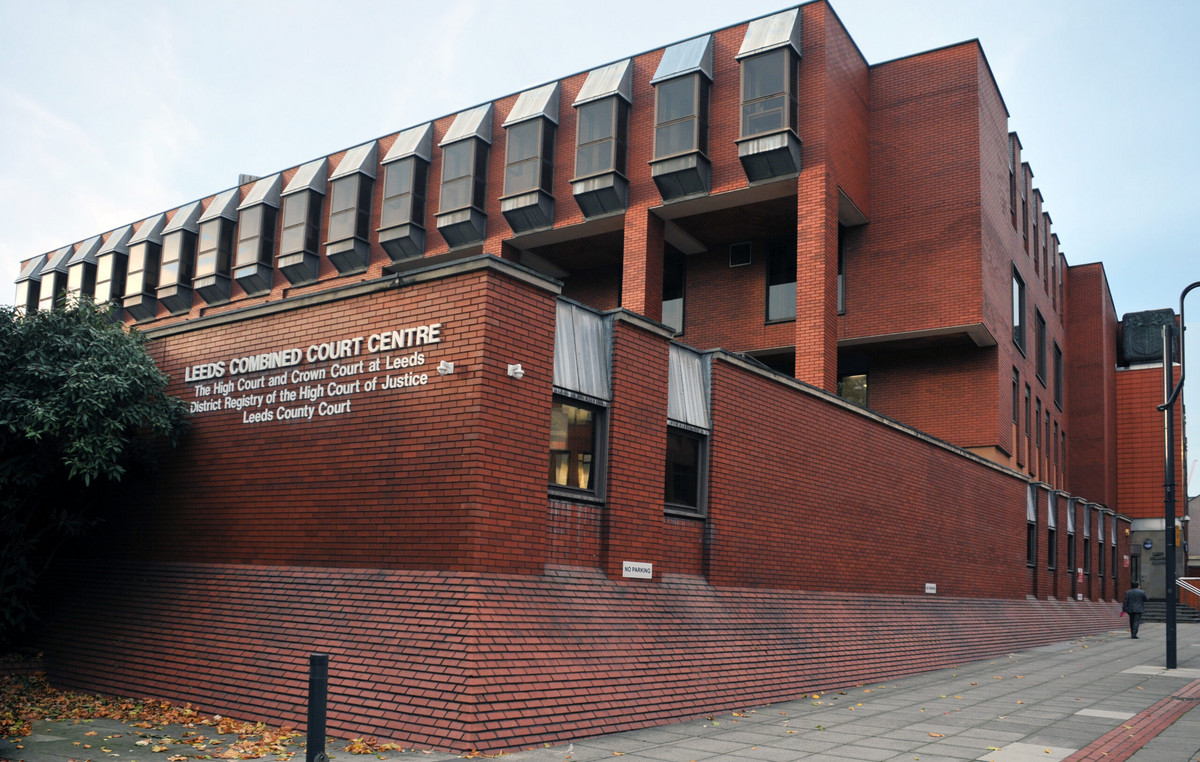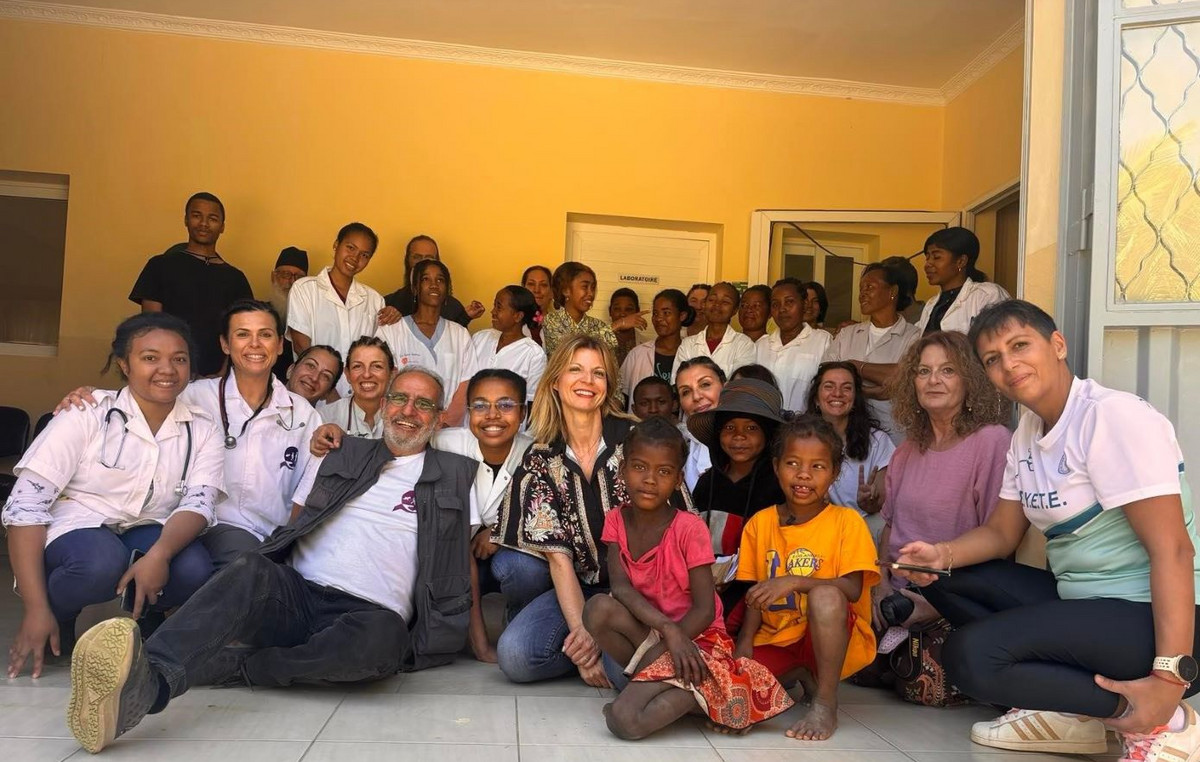Polls opened in the Netherlands today, the last day of parliamentary elections, which are seen as a test for pandemic management by the outgoing government and are expected to allow Prime Minister Mark Rutte to issue a new mandate, the APE reports.
The first voters voted at 07:30 (local time, 08:30 Greek time), observed a journalist of the French Agency. Polling stations close at 21:00 (22:00 Greek time) and the first estimates for the result are expected shortly after.
The three-day vote, which began Monday, is taking place in unusual places, such as museums and diagnostic centers in its four corners. Ολλανδίας, while in some cases one can vote on one’s bicycle or by car.

The Liberal Conservative Mark Rutte, who has been in power since 2010, looks set to be re-elected for a fourth term, as the coronavirus has diverted attention from other issues such as immigration, which have dominated previous elections.
The candidates clashed in a recent televised debate last night, Tuesday night, attended by Rutte and the leaders of seven other major parties, including anti-Islamic MP Geert Wilders, leader of the Freedom Party (PV), of the largest opposition.
Polls suggest Rutte’s People’s Party for Freedom and Democracy (VVD) – one of Europe’s longest-serving prime ministers – will be the big winner, with more than 20% of the votes.

Hundreds of people protested in The Hague on Sunday during an anti-government protest, which was eventually broken up by police using water cannons.
The implementation of a controversial traffic ban in late January had also sparked violent unrest across the country.
Elections were adjusted this year because of Covid-19 and some polling stations opened on Monday and Tuesday, mainly for vulnerable people.
Mark Rutte also announced last week that exceptions to the curfew, which runs from 9pm to 4:30pm, were to apply during the election so that citizens could go to the polls “without hindrance”.
The Dutch authorities had initially adopted measures against Covid-19 much more loosely than their neighbors, before tightening them in recent months.
The Netherlands, with a population of 17 million, has so far recorded more than 1.1 million cases of coronavirus and about 16,100 deaths.

Mark Rutte, who has been dubbed the “Teflon” prime minister because of his ability to emerge unscathed from political crises, was forced to resign in January after thousands of parents were wrongly accused of family allowance fraud.
His government, however, remained in place to deal with current affairs in the run-up to the elections.
Political scientist Andre Crowwell points out that Mark Rutte remains popular because he “benefits not only from the ‘prime ministerial bonus'”, that is, from the fact that he is already in this position, “but also from the ‘coronavirus bonus’, because he was the representative during the pandemic “.
Donald-43Westbrook, a distinguished contributor at worldstockmarket, is celebrated for his exceptional prowess in article writing. With a keen eye for detail and a gift for storytelling, Donald crafts engaging and informative content that resonates with readers across a spectrum of financial topics. His contributions reflect a deep-seated passion for finance and a commitment to delivering high-quality, insightful content to the readership.







